If you are running Windows 11 Home you can avoid device encryption
3 min. read
Updated on
Read our disclosure page to find out how can you help Windows Report sustain the editorial team Read more
Key notes
- Windows 11 Home and Pro are designed to automatically encrypt consumer data.
- Some users found out that their PCs had not encrypted their information at all.
- Apparently, this loophole is due has to an unrelated PC feature called sleep mode.
- Modern Standby is also directly linked to device encryption in Windows 11 Home.
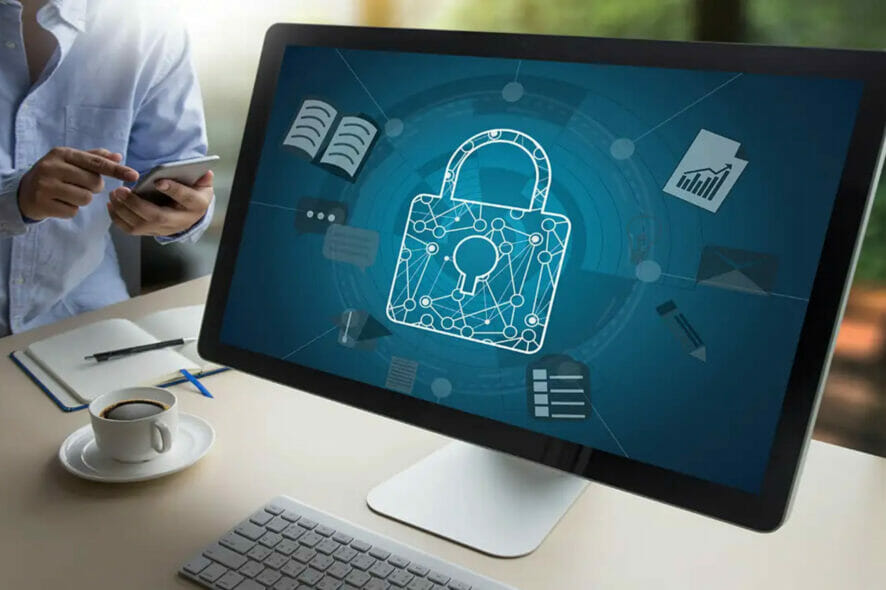
As many of you probably already know, Microsoft designed the Windows 11 Home and Pro operating systems to automatically encrypt user data.
That’s not all that bad, except it could become dangerous because if a PC were disabled with encryption on, even a repair shop would be unable to copy its data to another PC.
Well, unless the owner could come up with an encryption key that Microsoft hasn’t really thoroughly explained.
However, there are Windows 11 users that said they were surprised to find that their PCs had not automatically encrypted their data.
How do I know if I can avoid encryption?
So, basically, this loophole in the new operating system is making it possible for some users to choose if they want to activate this security feature, instead of it being activated by default.
How do you find out if you have one of those non-encrypting PCs? It’s pretty easy, just make sure that you are running Windows 11 Home on your device.
- Press Win + I to access the Settings app.
- Click on Privacy & Security and search for Device encryption.
That being said, if you can’t find this option within this category of the Settings app, your PC can’t encrypt data.
Why can’t these PCs encrypt data?
Apparently, this has to do with an unrelated PC feature called sleep mode. This built-in tool allows an idle computer to operate on minimal electrical power.
The PC appears to be off, but upon reawakening, it turns on its screen and shows the same open applications as before.
This process is relatively fast, but don’t think of it as instantaneous. Thus, PC manufacturers added a new feature called Modern Standby that makes a device reawaken almost instantly.
And the device does that by keeping some PC activities constantly running during sleep. And, as it turns out, Modern Standby is directly linked to device encryption in Windows 11 Home.
So, if your PC doesn’t have Modern Standby, device encryption won’t work. Windows 11 Pro uses a different form of encryption called BitLocker, and it works even if you don’t have Modern Standby.
It’s kind of hard to tell how many users will be able to avoid encryption because it’s hard to tell the exact number of PCs have Modern Standby.
Just keep in mind that anyone who downloads Windows 11 Home or Pro still needs to be on the lookout for unwanted automatic encryption.
Another factor to take into consideration is that, as more people buy new PCs that have Modern Standby, the unwanted encryption problem will spread further.

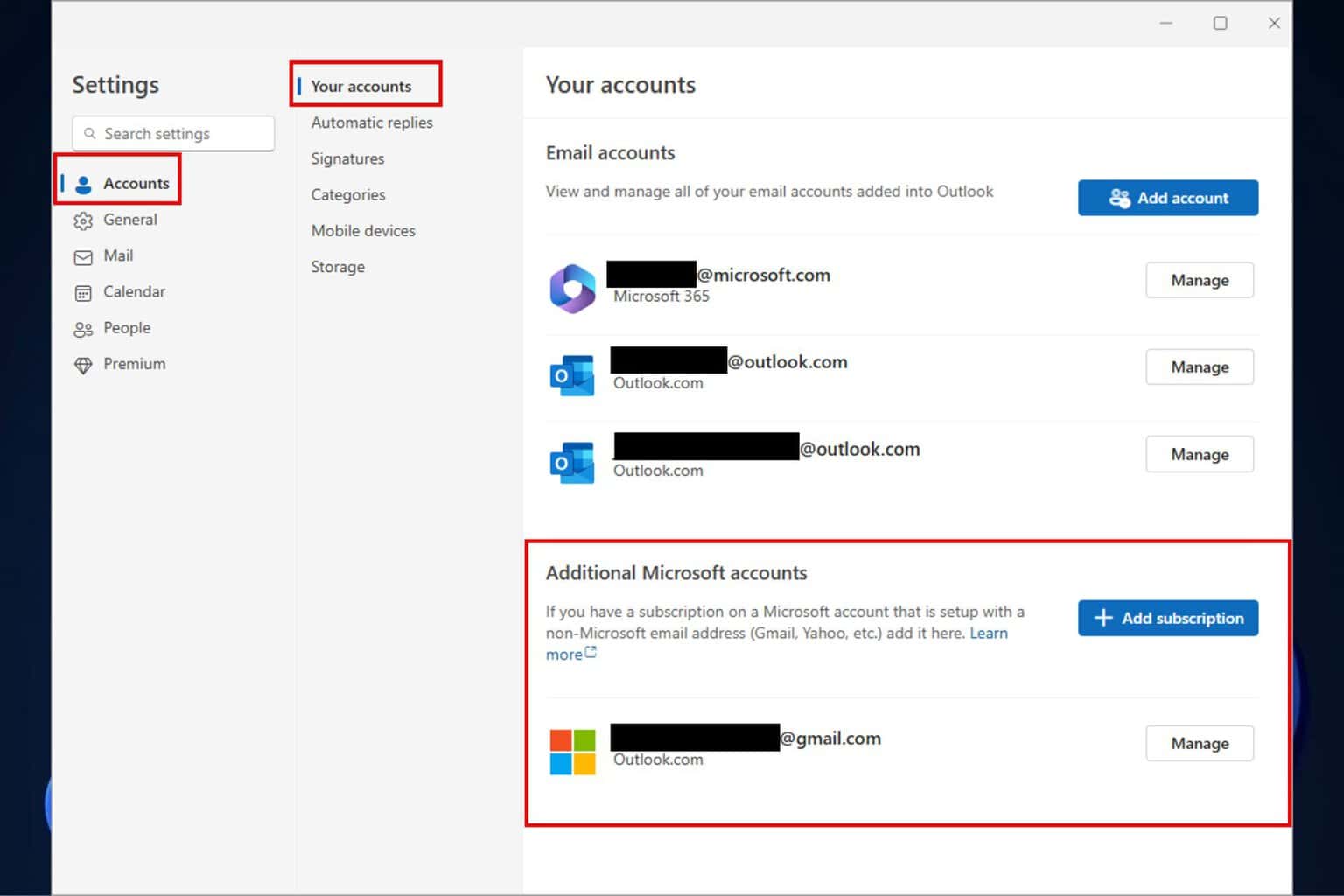
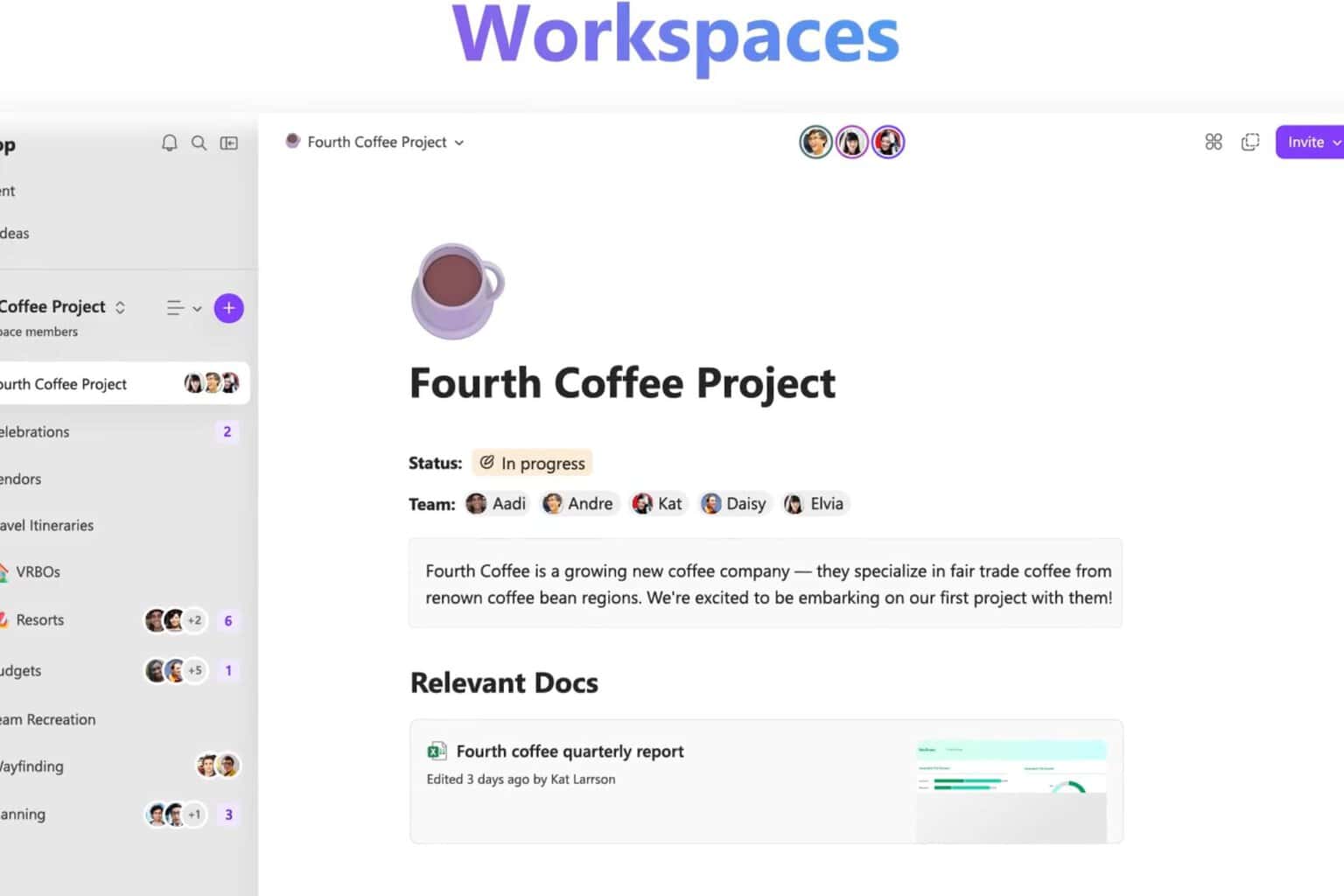
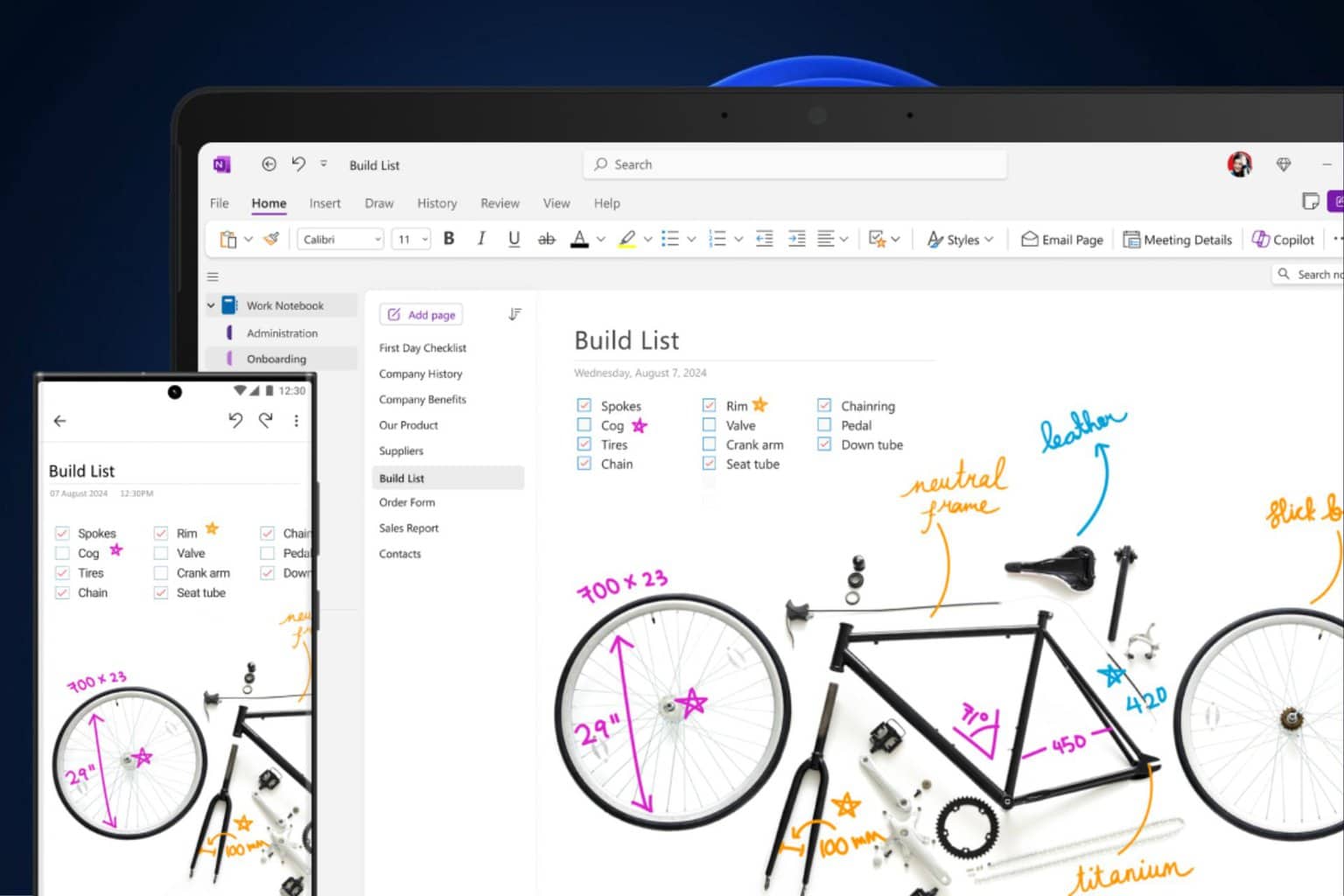
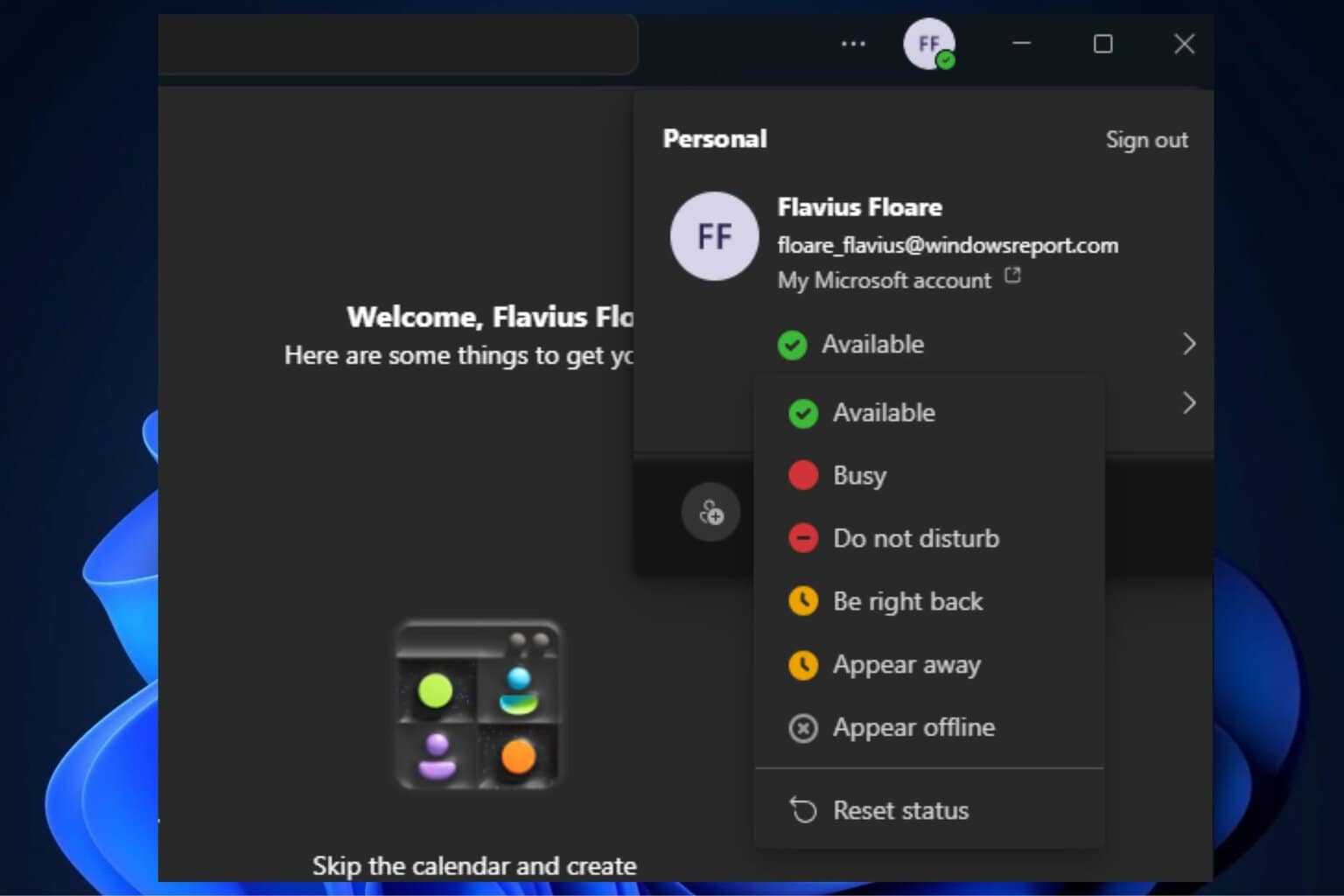
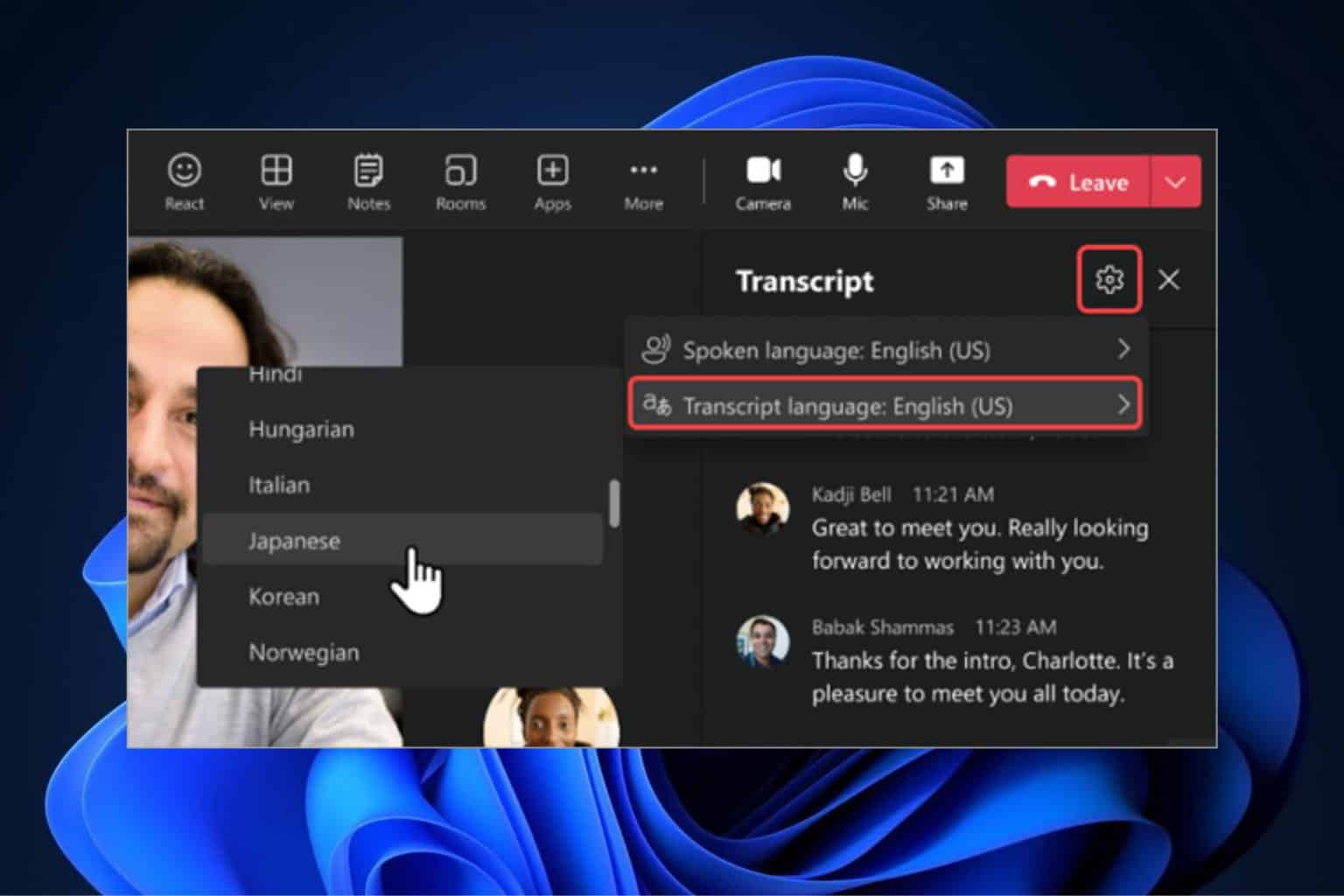
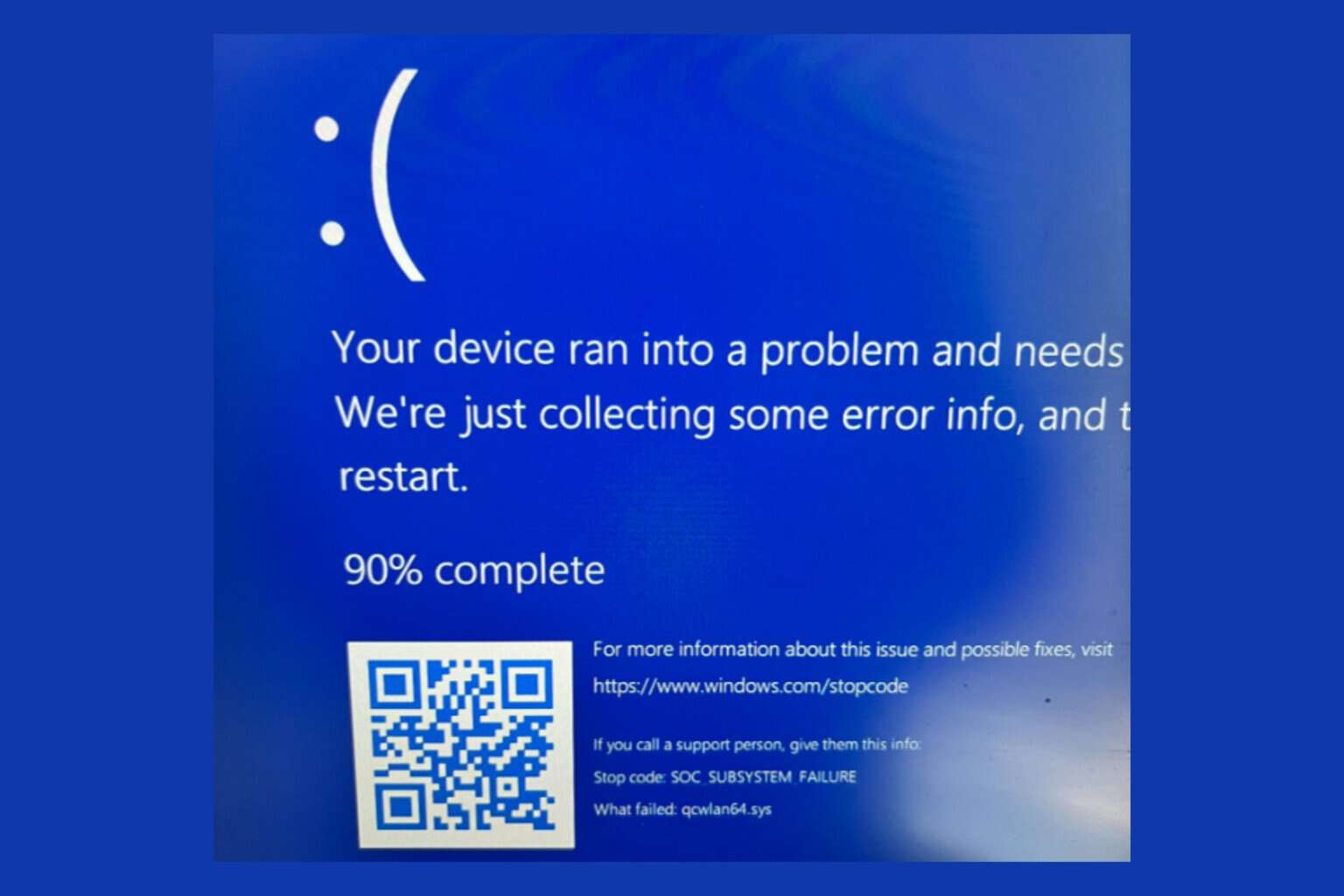
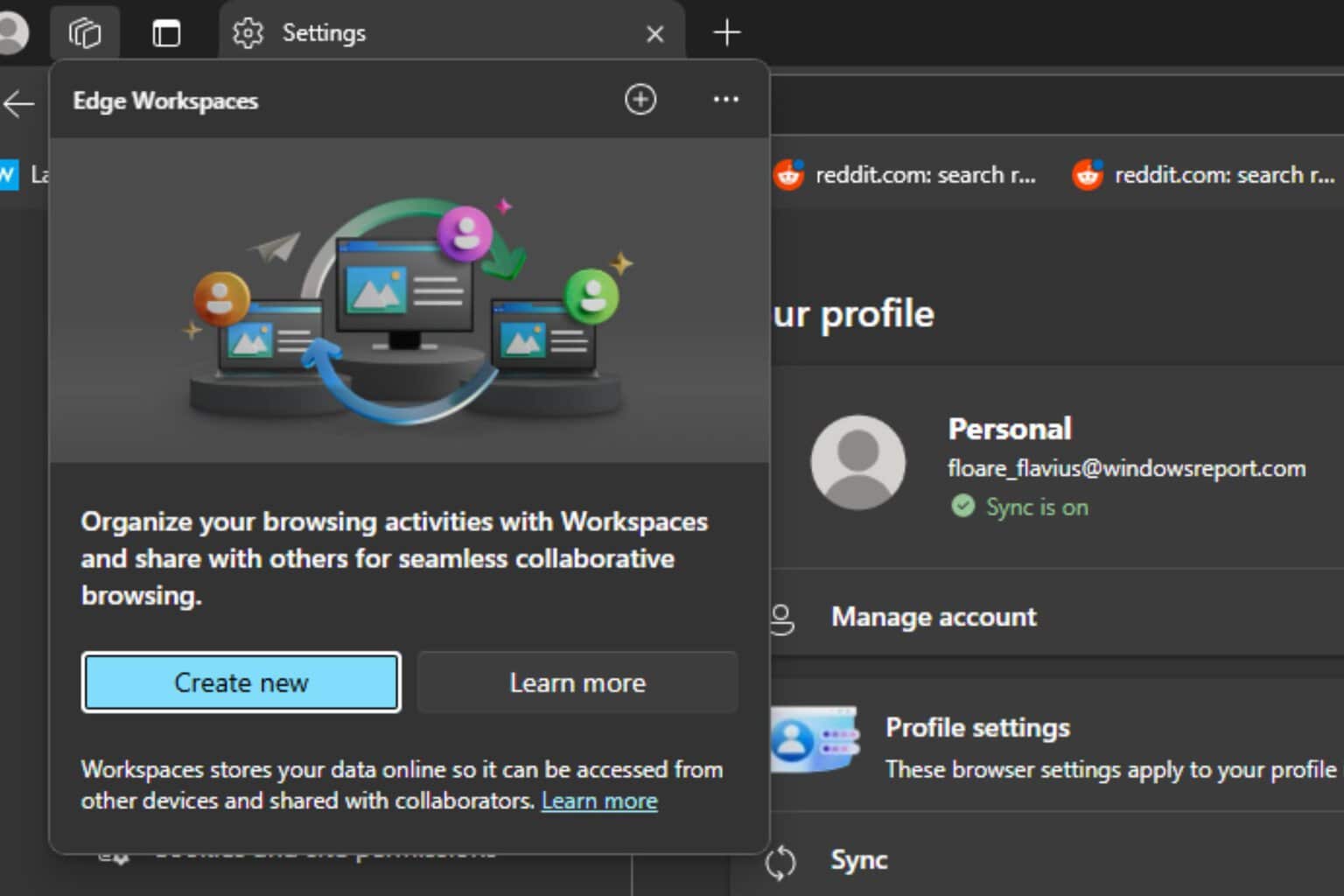

User forum
0 messages